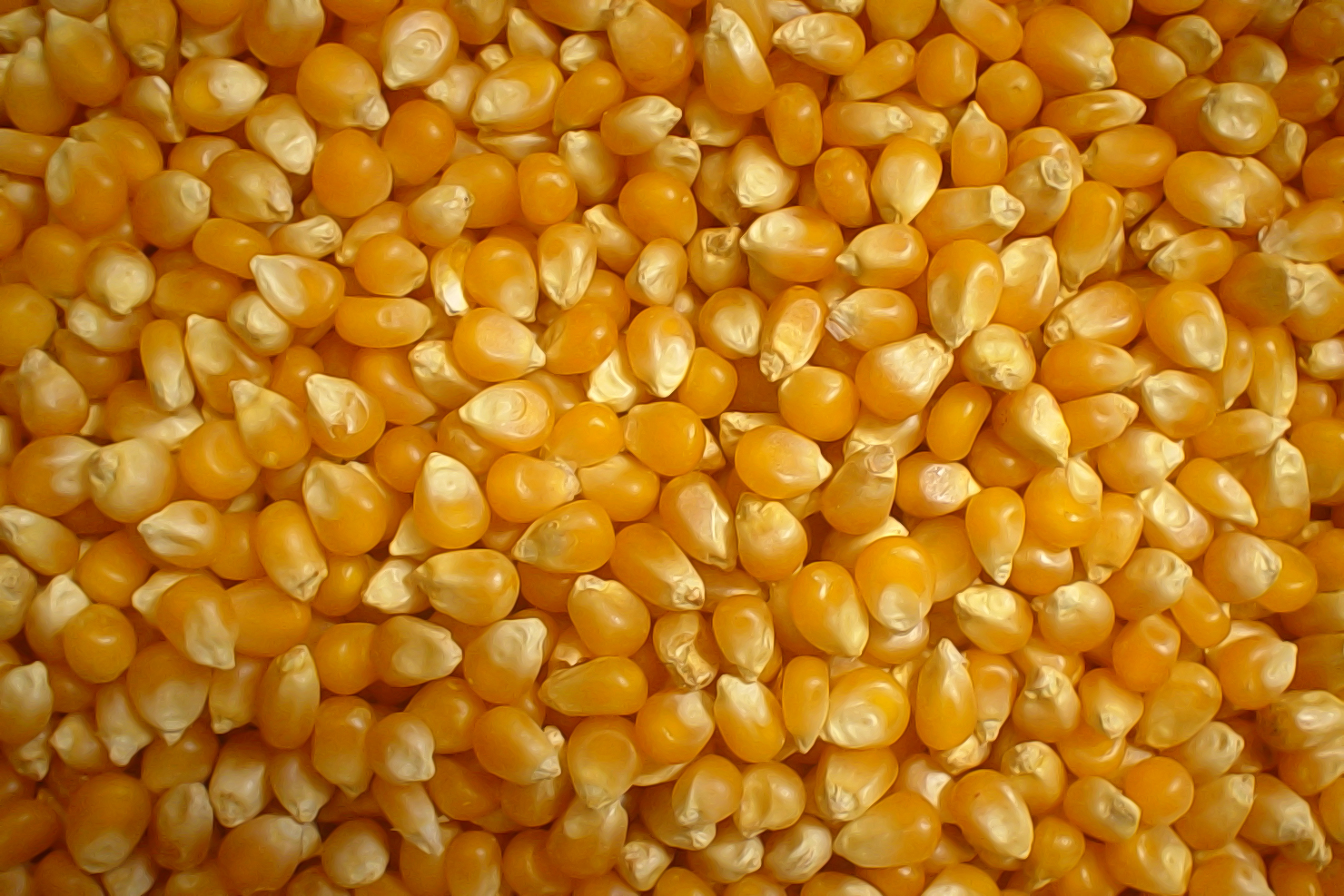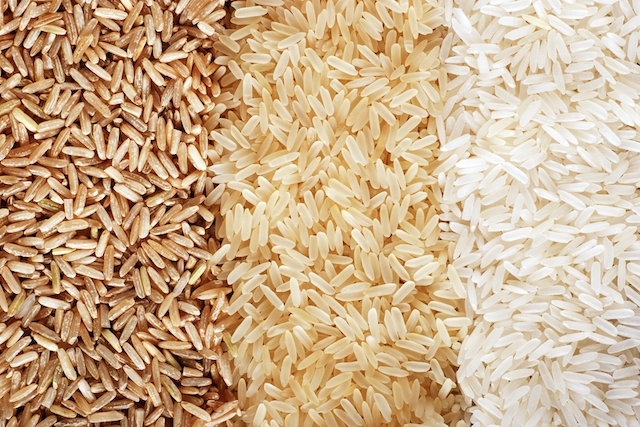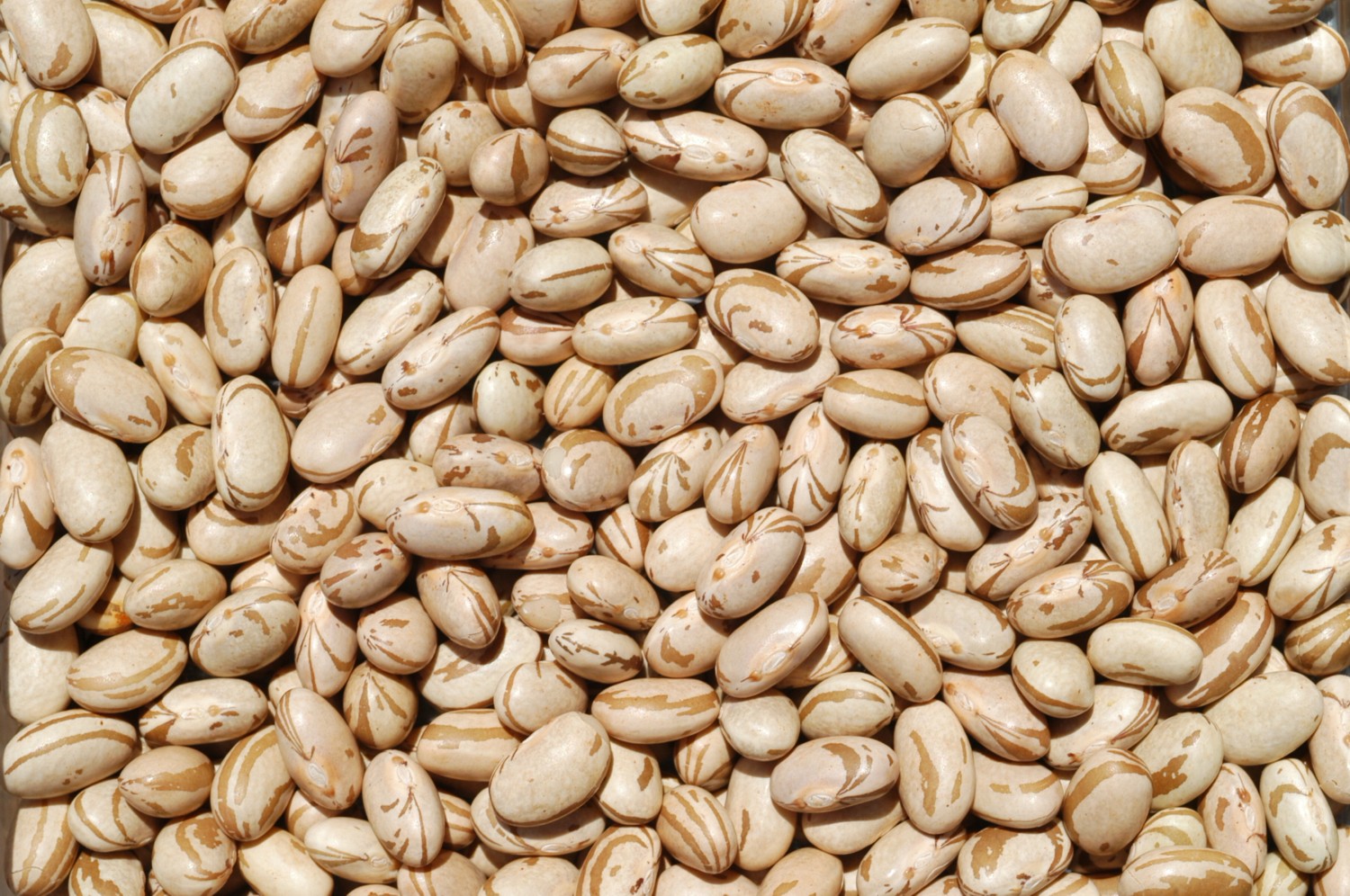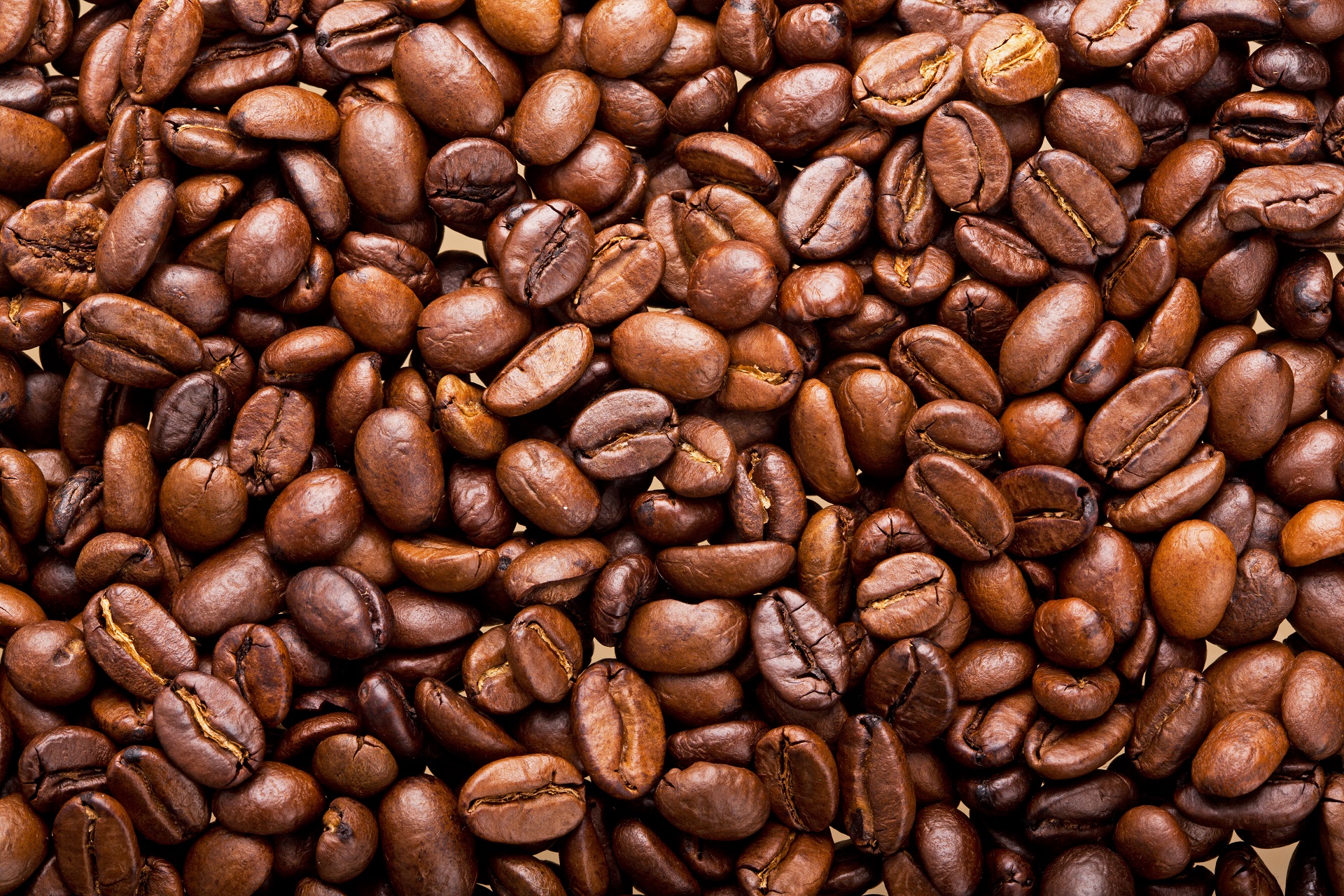+1 (904) 834-1231 | +1 (904) 222-4644 (US)
+86 (187) 213-01565 (CN)
Export
Grains
Corn

It has a high productive potential and is very responsive to technology. Its cultivation is usually mechanized, greatly benefiting from modern planting and harvesting techniques.
Brazil is a large exporting producer and Asiamerica works with completely reliable producers and suppliers, offering the best in the market to maximize results.
Soybean

In the last 15 years, soy-based foods have become popular in non-Asian countries due to the health benefits associated with their consumption, such as lowering cholesterol, treatment of menopause symptoms, prevention of osteoporosis, body weight maintenance, among others.
Brazil is the 2nd largest soybean producer in the world and Asiamerica is ready to make its businesses more efficient with the know-how to further increase the credibility of this product so beneficial to people's health.
Rice

It is the third largest cereal crop in the world, second only to corn and wheat. It is rich in carbohydrates. Brazil is the 9th greatest rice producer in the world.
Asiamerica has in its list of suppliers competent companies that work with seriousness and dedication to bring high-quality products to the family table.
Beans

Brazil is the second largest bean producer in the world, exceeding 3 million tonnes/year and losing only to India.
In Brazil, EMBRAPA leads a wide bean research and improvement network composed of institutions including several companies and universities. This network has launched several new bean cultivars more productive and resistant to pests and diseases, and Asiamerica constantly seeks to be in contact with these growers to ensure that their business is based on quality and low cost.
Coffee

Brazilian coffee is not successful only nationally. Currently Brazil is the largest coffee exporter in the world. For a long time, the best known Brazilian coffee in the world was the Santos type coffee.
In 1992, the Santos Coffee Exchange was inaugurated, idealized to function not only as a stock exchange but also as a bank to incentivize and guarantee the commodity's production.
Data from the International Coffee Organization (ICO) show that world coffee consumption exceeds 150 million 60 kg bags per year.




